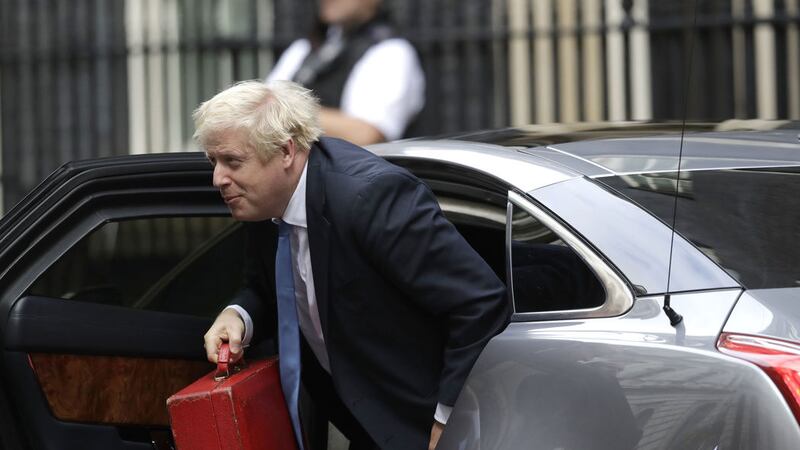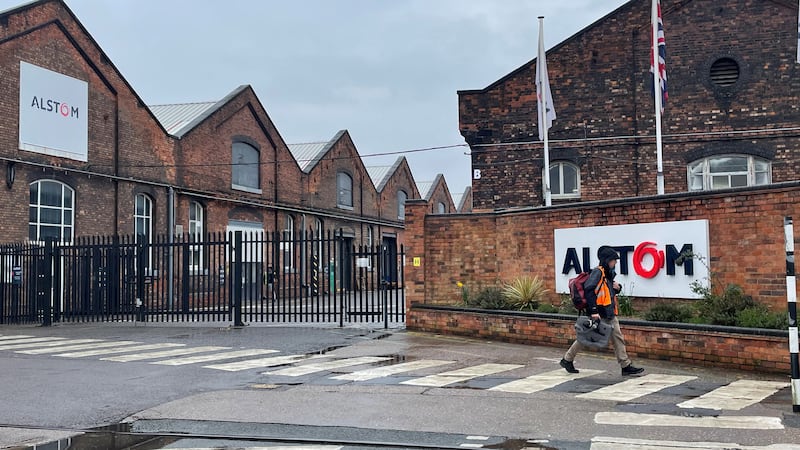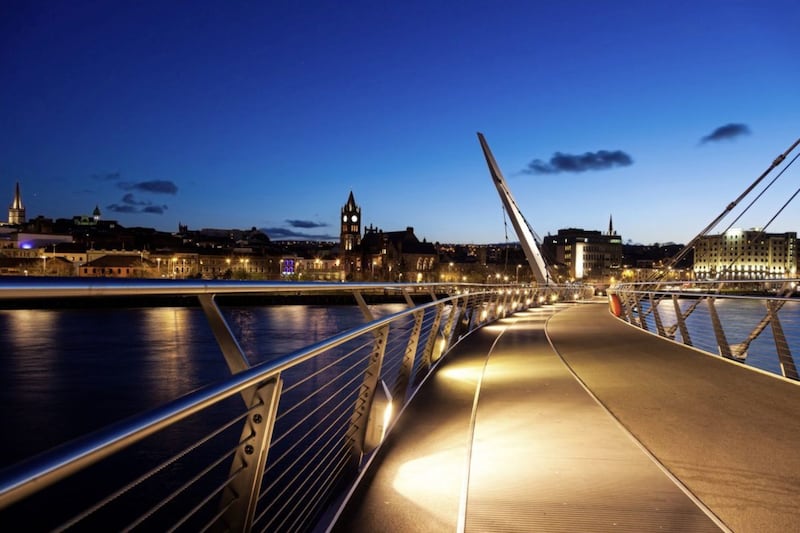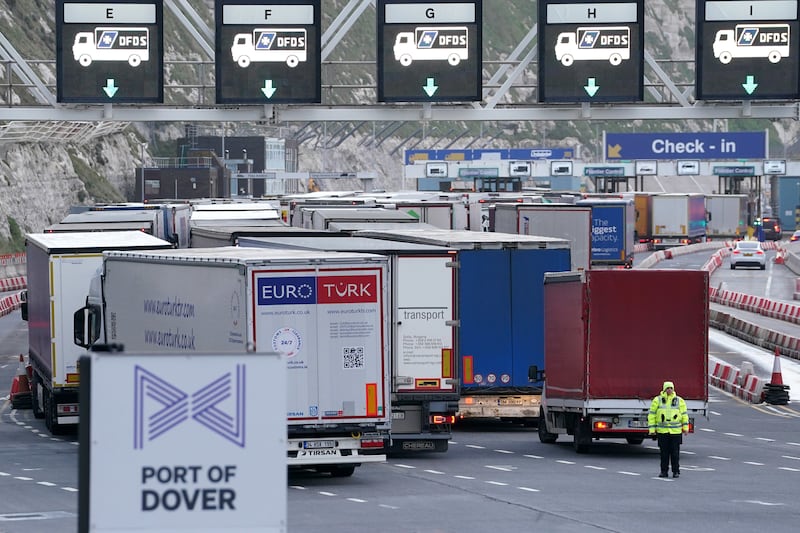Boris Johnson is due to face MPs after the Supreme Court ruled his decision to suspend Parliament was unlawful.
The British prime minister was forced to cut short his visit to the United Nations in New York and fly back across the Atlantic to explain the humiliating legal defeat.
Attorney General Geoffrey Cox also faced questions about his legal advice which indicated the five-week suspension - known as prorogation - would be within the law.
Mr Cox told MPs he will consider whether the public interest might require a "greater disclosure" of advice given to the British government on the prorogation.
Downing Street said no ministers or officials had offered to resign after the Supreme Court judgment.
Senior Cabinet minister Michael Gove refused to apologise for the suspension, which would have kept MPs away from Westminster and unable to question the British government until October 14.
Read More: DUP - Supreme Court ruling must be 'respected'
He acknowledged there had been "heated responses" to the Supreme Court ruling although he said he did not recognise reports that Commons Leader Jacob Rees-Mogg had branded the court's actions a "constitutional coup".
The Commons resumed sitting today after the bombshell legal ruling by the 11 justices.
Mr Johnson faced demands for his resignation from furious opposition parties.
Downing Street insisted there was no question of him standing aside, despite the Supreme Court ruling there was no "reasonable justification" for his advice to Queen Elizabeth to prorogue Parliament for five weeks.
The row dragged the queen into Westminster's bitter Brexit battle, but Mr Gove would not apologise for the British government's actions.
The Chancellor of the Duchy of Lancaster told the BBC: "I don't think that the Government should apologise for having a strong domestic agenda, I don't think we should apologise also for seeking to advance our exit from the European Union.
"I don't think the Government should apologise also for saying that we are attempting to honour the democratic will of the British people."
Asked about Mr Rees-Mogg's comments, reportedly made during a Cabinet conference call in response to the crisis, Mr Gove told Sky News: "There have been some heated responses from various people but I think the appropriate thing is to pause and reflect on this judgment but also to recognise it is vitally important now Parliament is reconvening to get on with the job of delivering Brexit."
He said the position shared by all ministers is that "we respectfully disagree with the reasoning behind this judgment".
Asked about newspaper reports regarding Mr Rees-Mogg's comments, he replied: "I don't recognise that language at all."
Justice Secretary Robert Buckland defended the independence of "our world-class judiciary".
He added: "Personal attacks on judges from any quarter are completely unacceptable."
Analysis: Raging Brexit war makes restoring local politics an impossible task (Premium)
Before leaving New York, Mr Johnson compared Brexit to the myth of Prometheus, whose liver was pecked out by an eagle on a daily basis, with the organ growing back overnight.
"A bit like the experience of Brexit in the UK, if some of our parliamentarians had their way," he told the UN.
The prime minister spoke to the queen after the Supreme Court verdict but government sources would not comment on whether he apologised.
Despite calls for Mr Johnson to quit, opposition leaders appear split over how to proceed and there appears little prospect of an imminent motion of no confidence to oust him.
They are reluctant to act until an extension has been secured to the Brexit deadline because of suspicions that Mr Johnson may refuse to comply with the provisions set out in the Benn Act which required the Prime Minister to delay Brexit unless Parliament has either approved a deal or agreed to leave the EU without one.
There is also no clear consensus on who could lead an interim administration if Mr Johnson was deposed - with the Liberal Democrats refusing to support Jeremy Corbyn's claim to Number 10 if the Tory leader is ousted.
Mr Corbyn told BBC Radio 4's Today programme: "Until it is very clear that the application will be made, per the legislation, to the EU to extend our membership to at least January, then we will continue pushing for that and that is our priority.
"When that has been achieved we will then be ready with a motion of no confidence."
Lib Dem leader Jo Swinson said her party would support "bringing forward" the deadline by which Mr Johnson is forced to ask the EU for an extension to the Brexit talks.
Addressing the media outside Parliament, she said: "We saw in September the House of Commons take control of the order paper to pass a piece of legislation, and that's the type of way forward that may well enable us to take the threat of a no-deal Brexit off the table before October 19."







